Written by: Simon OChen
Nothing can prepare you for the heat in Sudan. It cracks 35ºC before 9am and easily hits the mid-40s by lunch. And surprisingly, it’s cooler in long clothing than in shorts.
Mungi, my guide, presents me with a jellabiya, the traditional long robe that men wear in Sudan. It’s great in keeping the heat at bay. Usually it’s white but can be found in a variety of colours and styles. How it’s kept white in this dusty country I’ll never know, but I’m sure there are some very talented laundry services here.
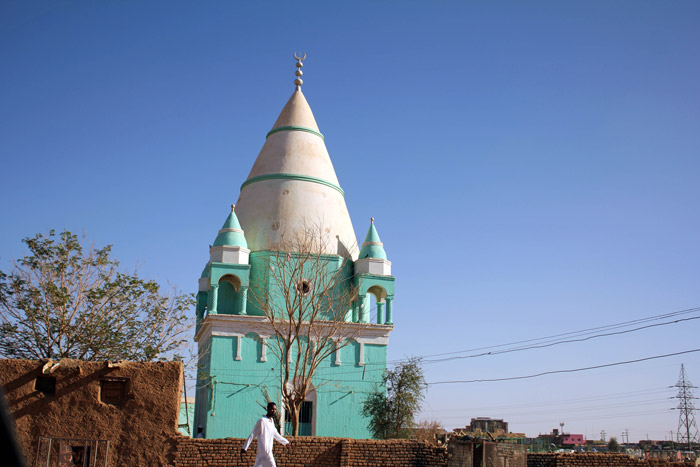
I slip the jellabiya on and head down Arba’im road, along the old camel route. Arba’im means ‘40’ in Arabic, so named as that was the amount of days it took for the camel caravans to trek from western Sudan to southern Egypt. This road is now tarmacked and smooth, leading to the shrine of Sheikh Hamed al-Nil, the man who had started the Sufi movement many moons ago.
“Every Friday people gather at the shrine,” Mungi explains, “where, after the 16:30 prayers, everyone comes together to form the Zikir Huliya. ‘Zikir’ means ‘charity’ while Huliya means ‘ring’ and the chanting is about Mohammed the Prophet’s good deeds and Allah. They play music and chant repeatedly, some men go into a trance-like state.”
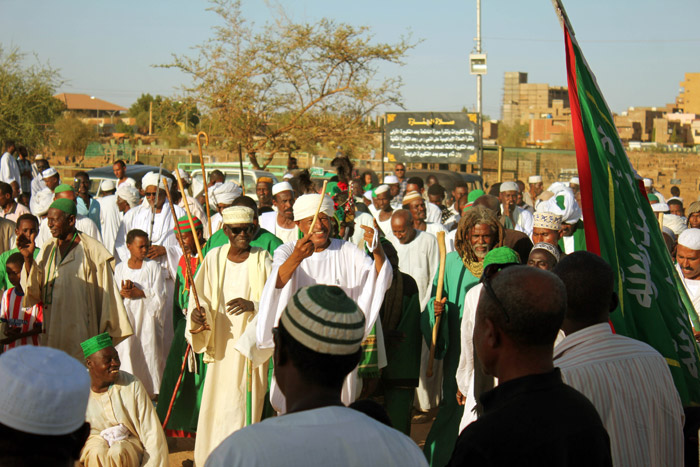
The shrine is located in the Omdurman cemetery. The parking area is lined with small pop-up stalls filled with bites to eat, sweets, tea, coffee and cigarettes. In the main square you will find free food by volunteer cooks who are happy to feed everybody involved.
Men start to gather outside the shrine as the sun sets in the west. A semi-circle is formed and the priests start to drum a beat. They walk around the circle singing, inviting folk to come in and dance.
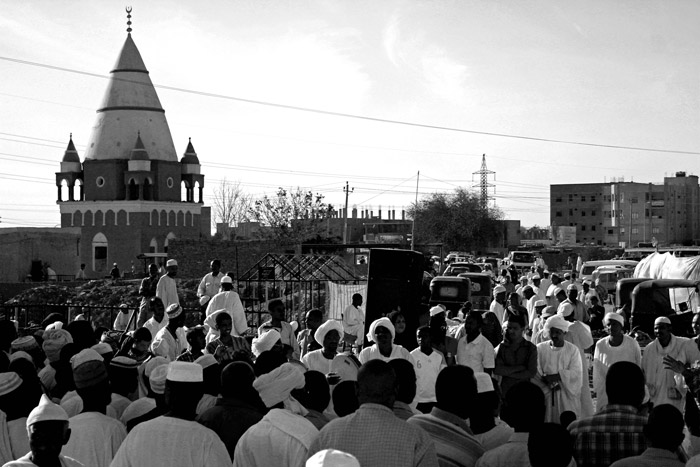
A priest wearing a rasta-coloured jellabiya (green, red and yellow) walks around burning incense, pausing by various people who sniff it and ritually pass the smoke over themselves and then stuff the priest’s pocket with monetary notes.
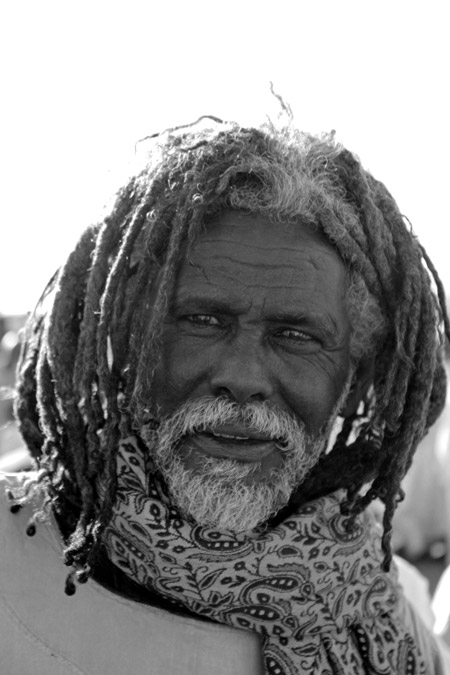
I find myself lightly swaying to the beat as Sufis from neighbouring areas arrive with more instruments and parade around the circle.
Men started to chant, and a priest loaded with beads dances around in circles within the circle. The energy is high. Everybody is smiling, greeting each other with long hugs and even longer blessings. It is such an eye-opener to see that this religion, one that the west has grown to fear, can be so spiritual and peaceful. And welcoming without judgement, dissolving the initial judgements I myself held.
I’ve only been in Sudan for four days but I am loving every minute of it. Despite the heat.
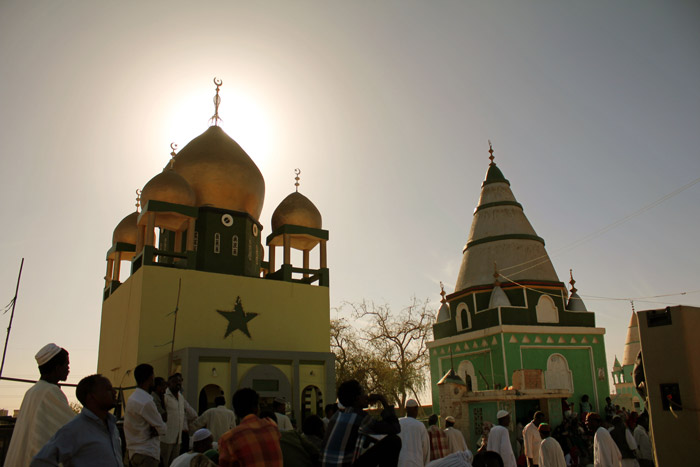
To comment on this story: Login (or sign up) to our app here - it's a troll-free safe place 🙂.![]()






